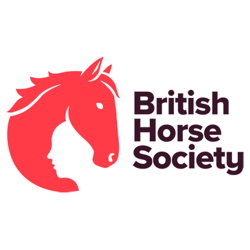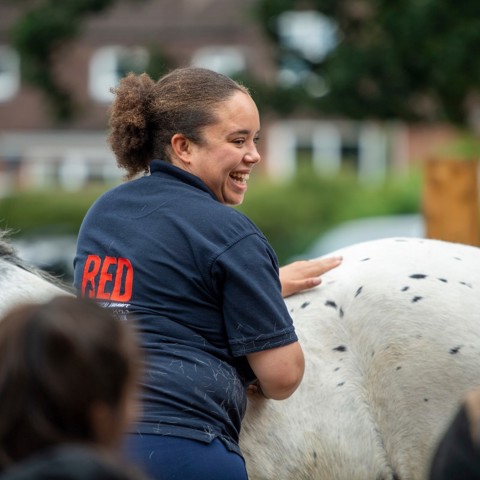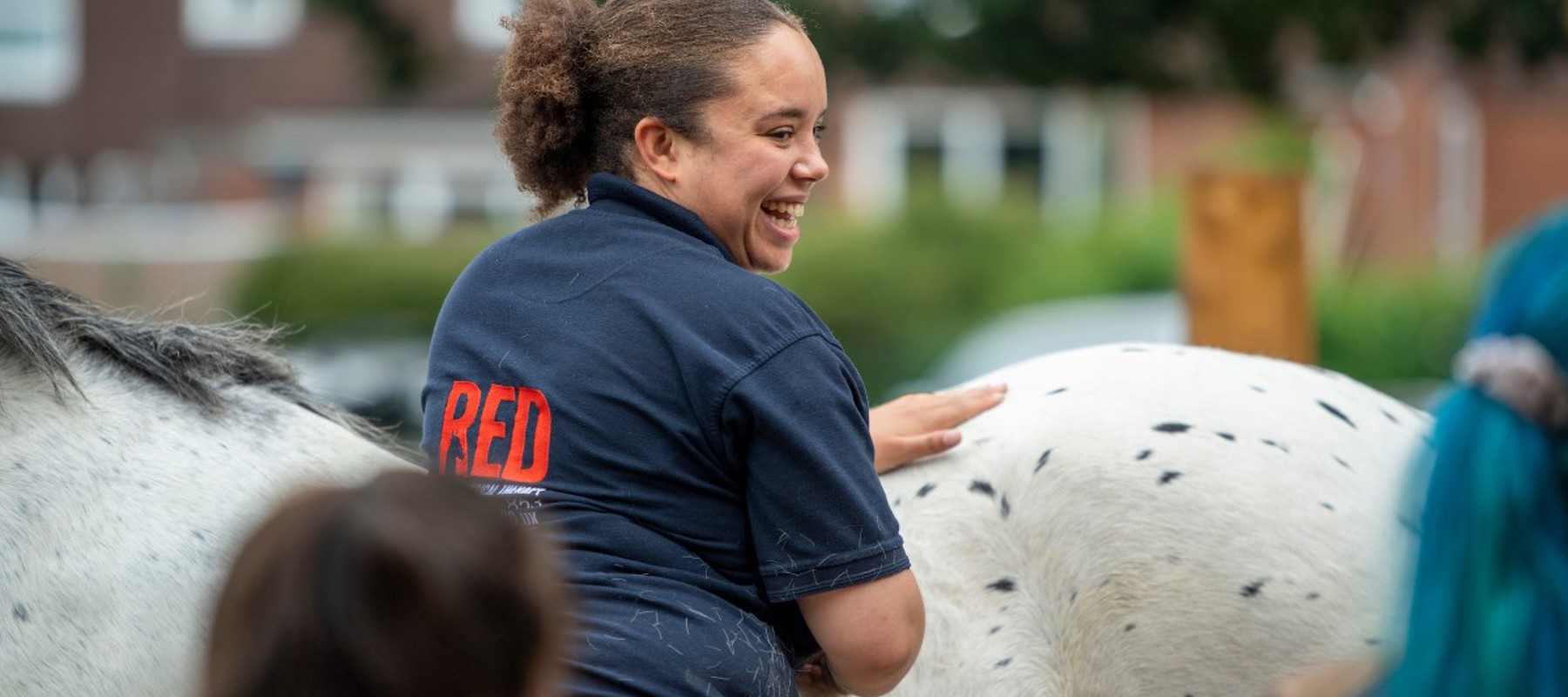Become a BHS Accredited Professional
Our community of professional coaches connects people, ideas and resources to embed world-class standards, drive continual professional development and promote innovation in equestrian coaching.

Become a BHS Approved Centre
The BHS provides an approvals accreditation system for all training, riding, trekking and sporting centres. There are currently more than 800 BHS Approved Centres in the UK, Ireland and worldwide. Being a BHS Approved Centre provides horse owners and horse riders with confidence that they have chosen a centre that will provide a welcoming, inclusive, safe and professional environment in which horses and people can flourish.
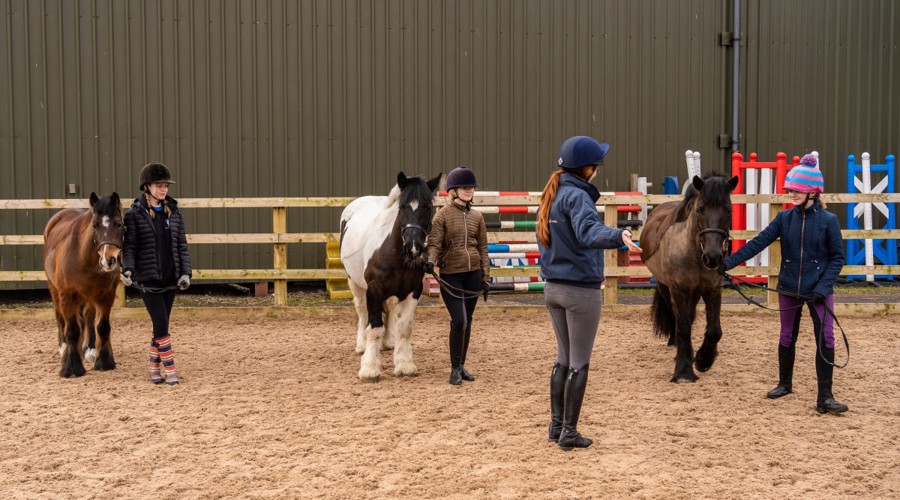
Business help and toolkits
Whether you're a BHS Approved Centre or Accredited Professional, we have a range of advice, toolkits and resources to help support you and your business.
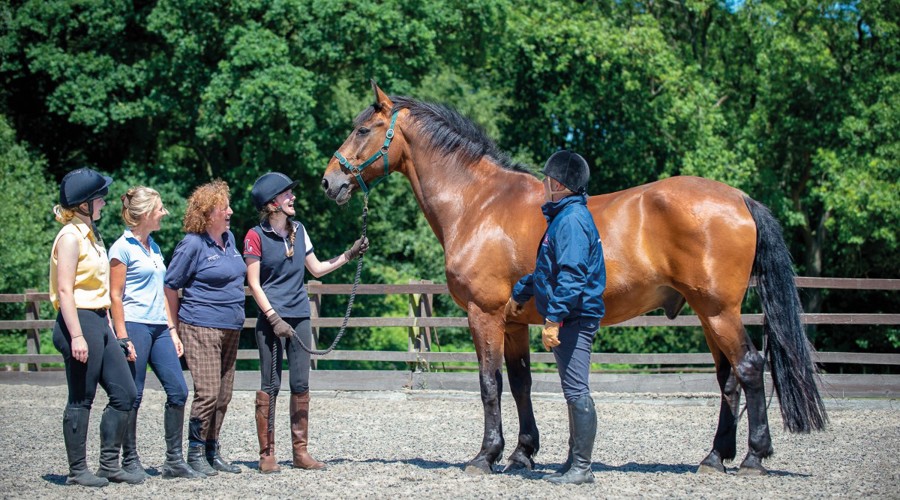
Join the Changing Lives through Horses programme
Changing Lives through Horses aims to improve the lives of young people who, for various reasons, are disengaged and at risk of becoming excluded from education or are disadvantaged in some way.
Horses Welcome
Join the UK's first quality-assured scheme for equine bed and breakfast accommodation.
Supporting BHS training and assessments
The BHS offer a range of professional and recreational awards and qualifications. Find out how you can get involved as a trainer, assessor or assessment centre.
